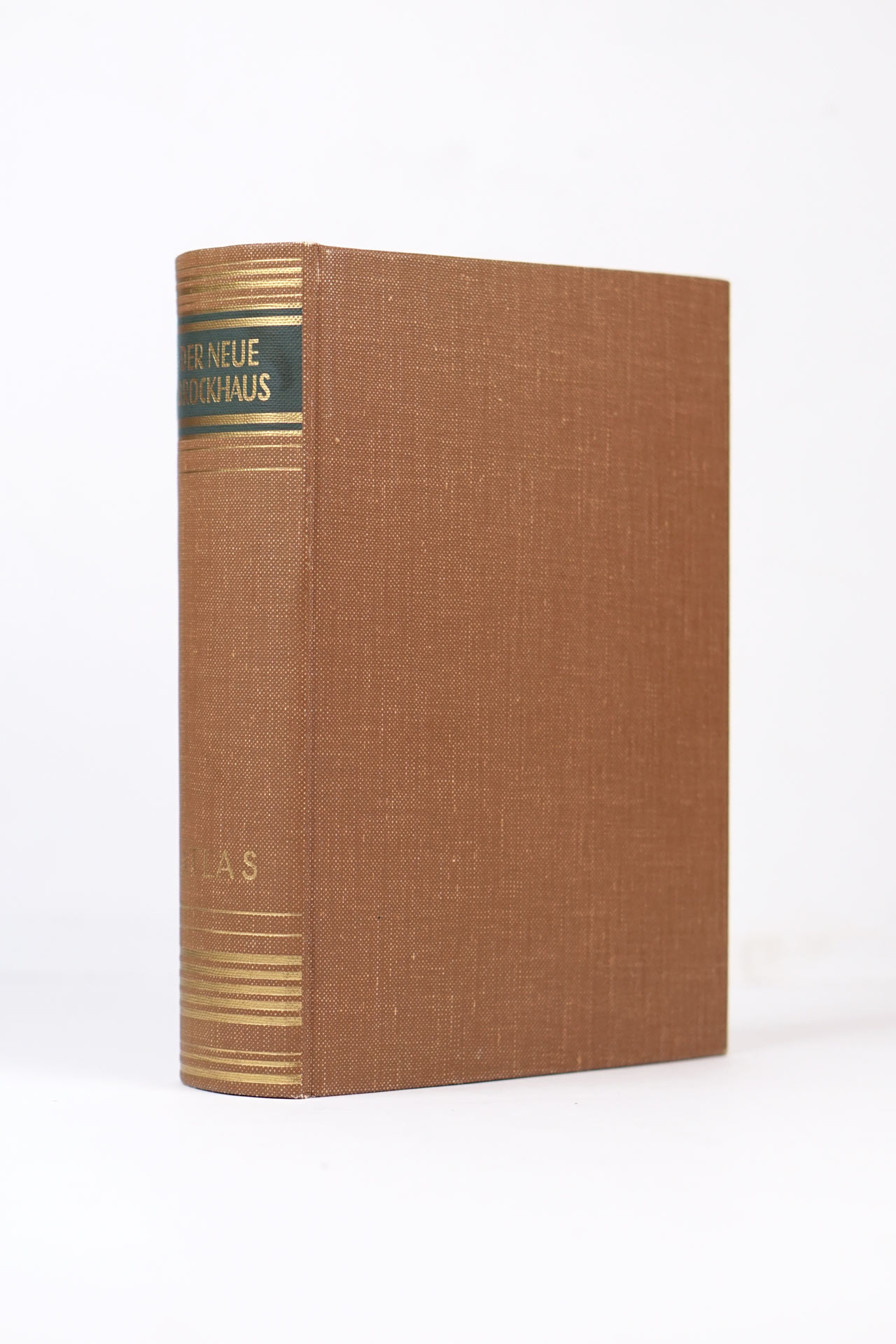When this first edition of the Atlas Mira (Atlas of the World) was published in 1954, weighing almost 7 kg, it claimed to be one of the most complex atlases ever made up to date. According to the introduction, it aimed to provide complete picture of Earth's hydrography, relief, political and administrative division, settlements, transport and communication to it's wide audience ranging from scientists, people from the state apparatus and teachers and students of higher educational institutions.
The atlas is divided into 4 main parts:
1. World maps
General physical and political maps of the world - map of the World hemispheres, timezone map, historical political maps from 1914, 1932 and 1950, allowing readers to judge the political division of the world after First and Second World War.
2. Maps of the USSR
These physical/political maps occupy a significant part of the atlas. Each Soviet republic has also its own political map.
3. Maps of foreign parts of the world
Each continent is introduced with the map of transport and communications lines, followed by a general geographic maps. Some countries have a dedicated political map to give a visual representation of the internal division of a country (f.e. China, India). Map of Germany shows political division of the country between Soviet union, USA, UK and France
4. Maps of polar regions and oceans
These maps provide a general overview of polar regions and oceans with some additional physical characteristics like ice boundaries, ocean currents, coral reefs, banks etc. The Atlas was considered accurate in terms of contemporary knowledge of the ocean floors.
Scales of the main maps are generally in regular increments (two or multiples of two). There are also many urban area maps, typically at 1:250,000 scale, enabling the comparison of the sizes of major cities around the world. Each map has a smalls schematic map on its verso, several maps can be folded out.
The legend of this atlas, printed on 2 pages but also inserted as a separate single sheet of paper, contains an unusually vast number of representation symbols, especially in the area of hydrography (like shallows, mangroves, banks, temporary, fresh and salt lakes, swamps, irrigation and drainage canals, limits of ice shelves and drift ice and more), surface type representations (e.g. permanent ice fields, sand, lava fields, etc.) or other objects like oil pipelines, water pipes, dams, ancient walls and more.
Altogether 25,000 of copies of this edition has been produced. The alphabetical index of geographical name, containing around 205,000 entries, was published as a separate volume.
In 1967, a second edition of Atlas Mira was published also in English as "The World Atlas". It had fewer maps of the USSR on account of the interim publication of the "Atlas of the USSR", three fewer historical maps due to then impending publication of the "Historical Atlas of the World", and many new maps and revisions.





















